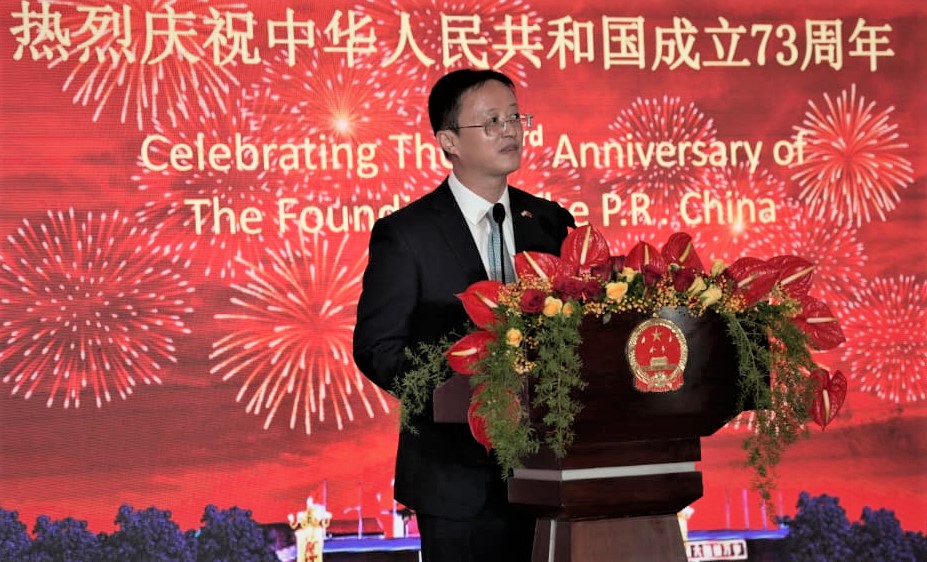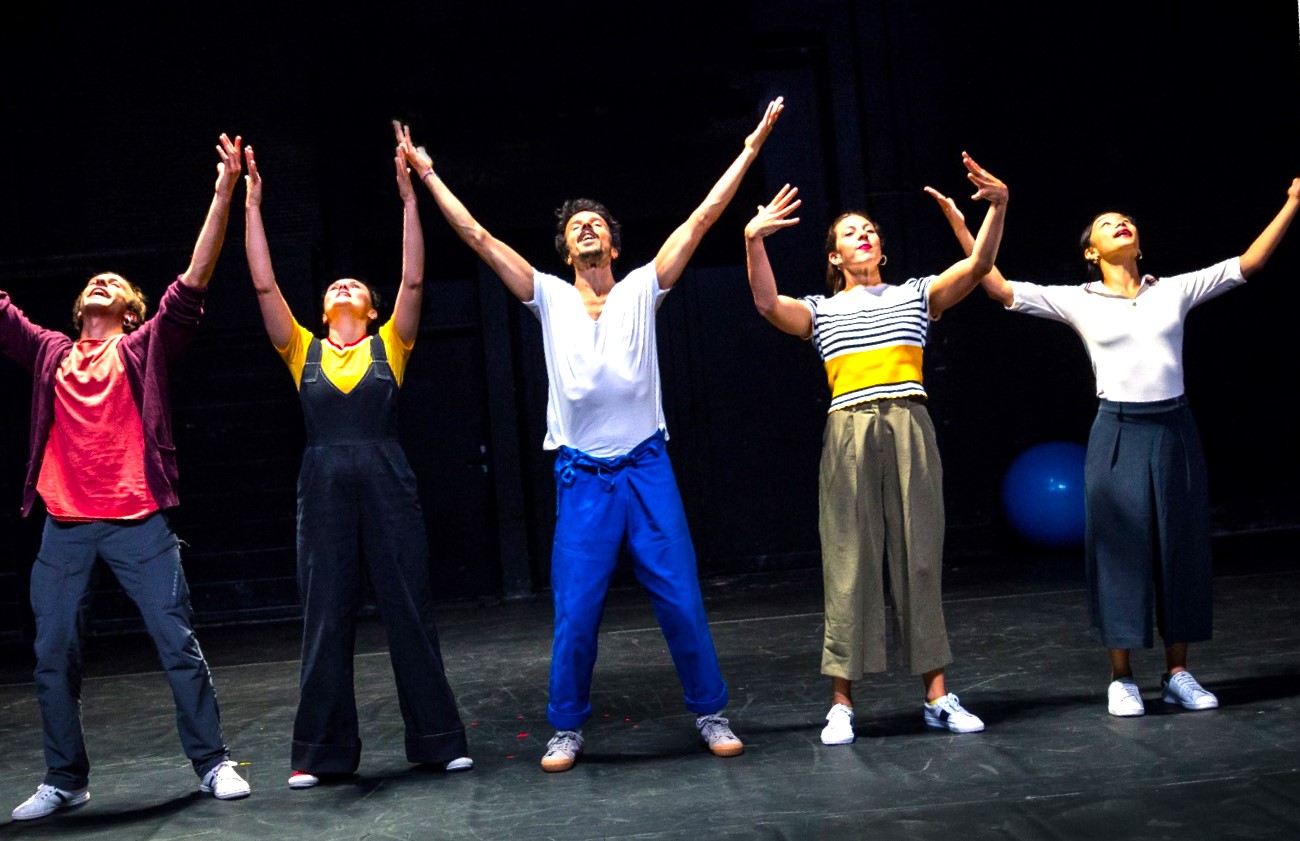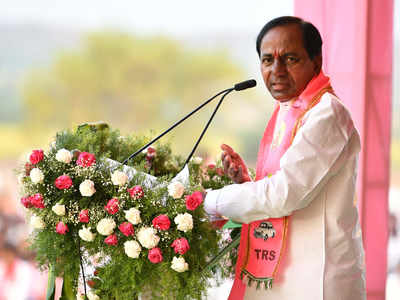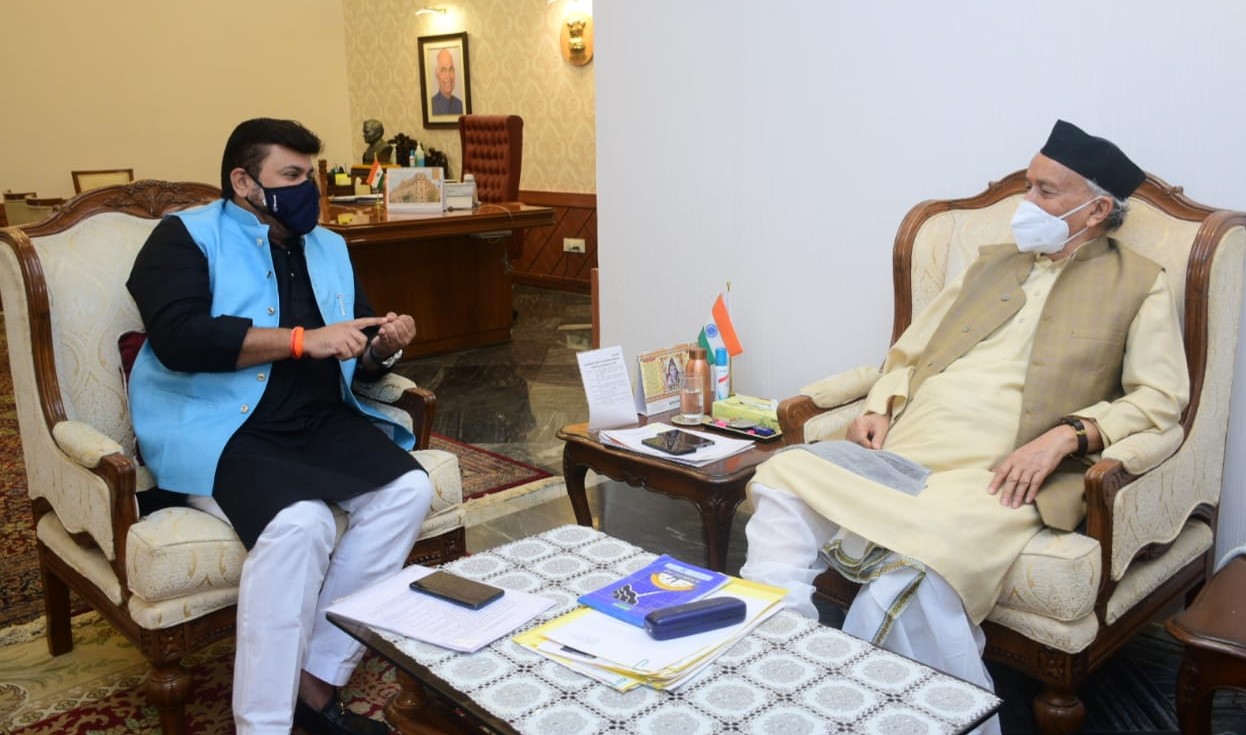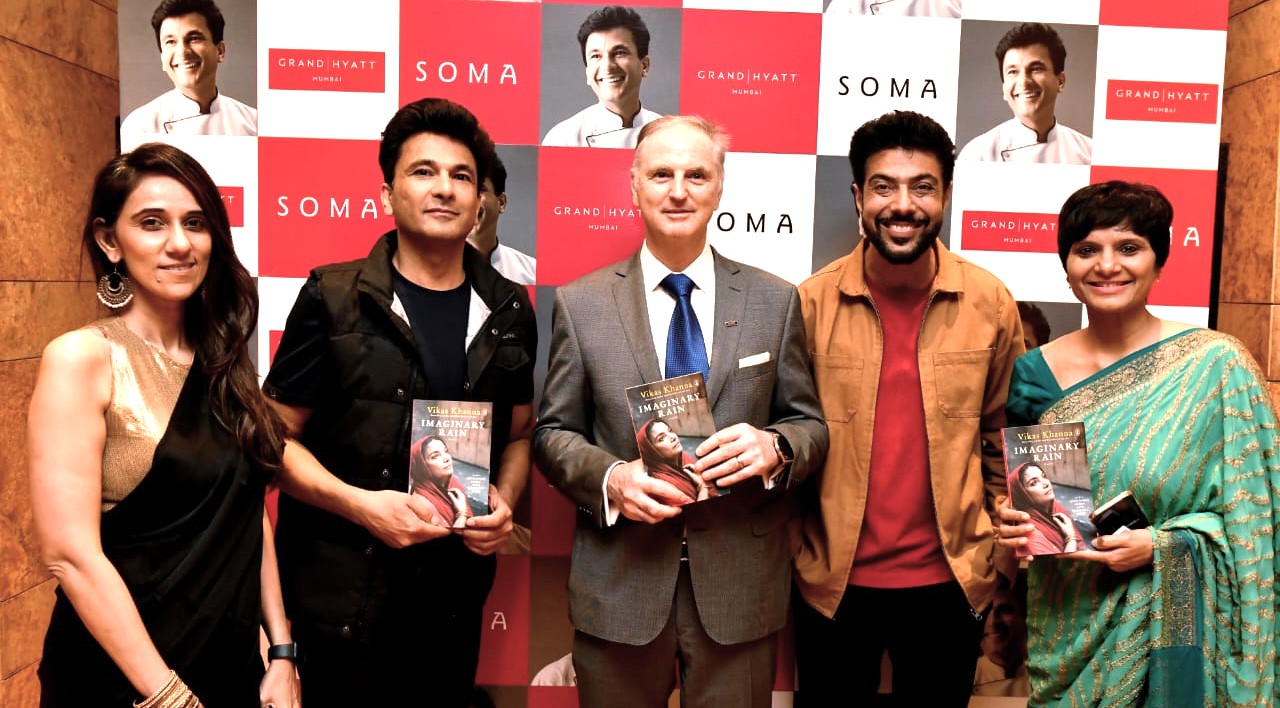Much awaited The Lanting Forum on “Chinese Modernization and the World” was launched on April 21 in Shanghai with much fanfare. China’s State Councilor and Minister of Foreign Affairs, Qin Gang delivered the keynote address. The theme of this year’s forum was “China’s Modernizations” and its impact on the world”.
This is the first time the Lanting forum is held in Shanghai, instead of Beijing after its inception in 2010. The Lanting Forum is an annual gathering established by China’s Ministry of Foreign Affairs in 2010 as a platform for discussions among governments, think tanks, corporations, and academic institutions.
In this year’s forum China’s economic development and modernization process took center stage as a key element of Chinese foreign policy. Basically, China’s foreign policy and international affairs was the main element in this forum.
In his keynote address to the Lanting Forum titled “Chinese Modernization: New Opportunities for the World”, Qin illustrated the uniqueness of the Chinese journey from poverty alleviation to modernization. He emphasized that China’s modernization and economic development is of great benefit to the whole world, not only for China. “Chinese modernization is the natural choice of China’s 100-year-long quest for development”. He added that “modernization for China has been a journey of hardship and perseverance, anguish and glory, honor and dreams.” He emphasized that “during modern times, countless patriots looked to the West for a formula of modernization to save the nation, but they all failed”, arguing that “it was not until the birth of the CPC in 1921 that China found the pillar and guidance for its modernization.”

China’s Foreign Minister Qin Gang delivering keynote speech
This year’s forum is attended and addressed by leading and well known renowned personalities from across the globe. The leading personalities who were present included Dilma Rousseff, president of the New Development Bank of the BRICS, former president of Brazil, Mamadou Tangara, Gambian minister of foreign affairs, Essam Sharaf, former prime minister of Egypt, Max Baucus, former US ambassador to China, John Thornton, co-chair of the board of the Trustees of the Asia Society, and Yao Ming, president of the Chinese Basketball Association. Leading business representatives from many countries attended the event. There were 68 journalists from 51 countries who were invited by China International Press Communication Center (CIPCC) and other China based journalists from many countries were also present.
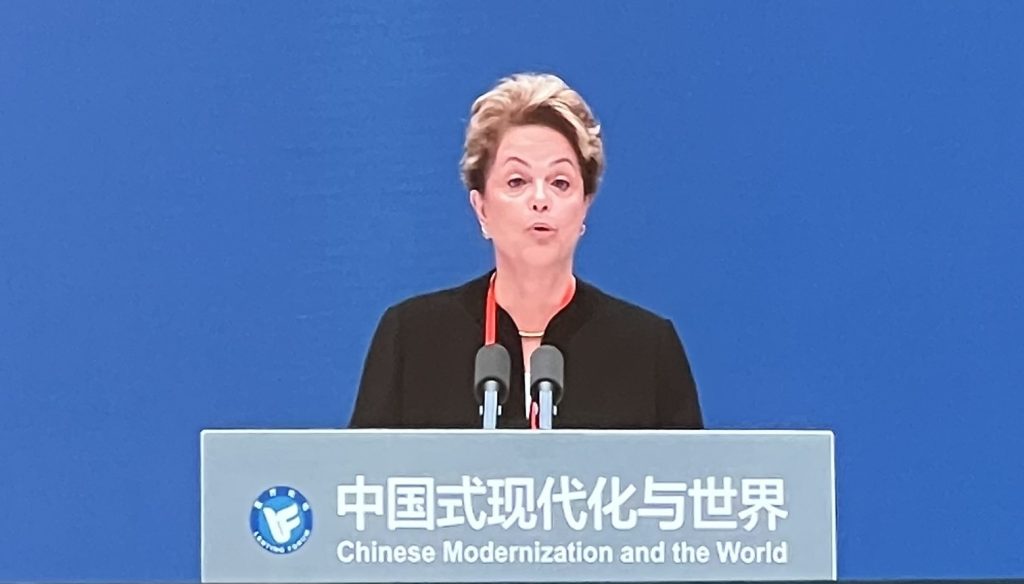
Dilma Rousseff President New Development Bank President
China’s achievements in the past century, especially since the era of reform and opening up in the 1980s, is self-explanatory about the uniqueness of the Chinese model of modernization. The Chinese model is represented by “the two major miracles — fast economic development and long-term social stability”, as Qi put it. While modernization is a universal process in history, Qi stressed that “any country can achieve modernization, as long as the path suits its conditions and answers the need of its people for development.” But he warned that “on the contrary, mechanically copying ill-fitted foreign models is counter-productive and may even lead to catastrophic consequences.”
Qin finally declared that “it is fair to say that Chinese modernization has helped inspire confidence in many countries in their pursuit of modernization. He stated “Modernization is not the demise of ancient civilizations, but a renewal of traditional cultures. He referenced the recent launching of the Global Civilization Initiative (GCI) by President Xi. Qin further added that “the Chinese believe that even for an established country, its future hinges on self-renewal” and that “Chinese modernization will add new vigour and vitality to the profound Chinese civilization.
Dr. Mamadou Tangara, Foreign Minister of The Gambia “The fact that China’s development has become a source of inspiration for many nations in the developing sector was most clearly expressed”.
Tangara further emphasised that China’s modernization resolutely addresses the global deficits of development, peace, governance and trust. It promoted poverty alleviation, common prosperity, ecological conservation and people centered democracy as well as the rule of law”.
Dilma Rousseff, President New Development Bank President in her speech said that Chinese modernization provides a new choice for the world in development paths, which is particularly important amid the challenges of climate change and mounting geopolitical competition. China and India are two great Asian economies which no one can ignore”.
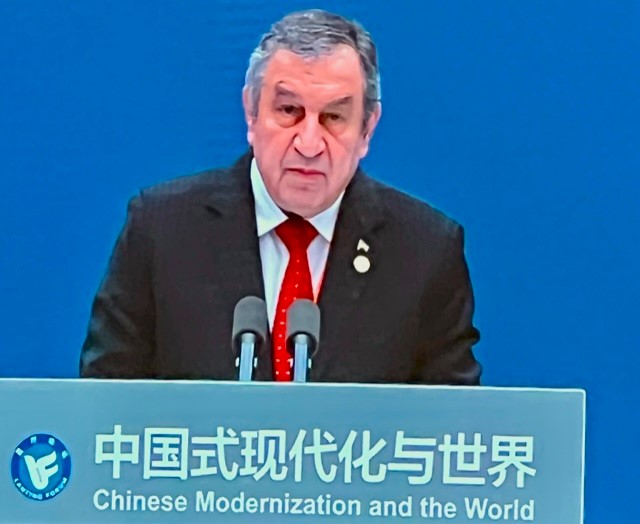
Former Egyptian prime minister Essam Sharaf
Former Egyptian prime minister Essam Sharaf said that the four pillars of Chinese modernization are “cooperation, harmony, peace and development”, which are the road to a global community with a shared future.

Editor in Chief : Mewati SItaram

